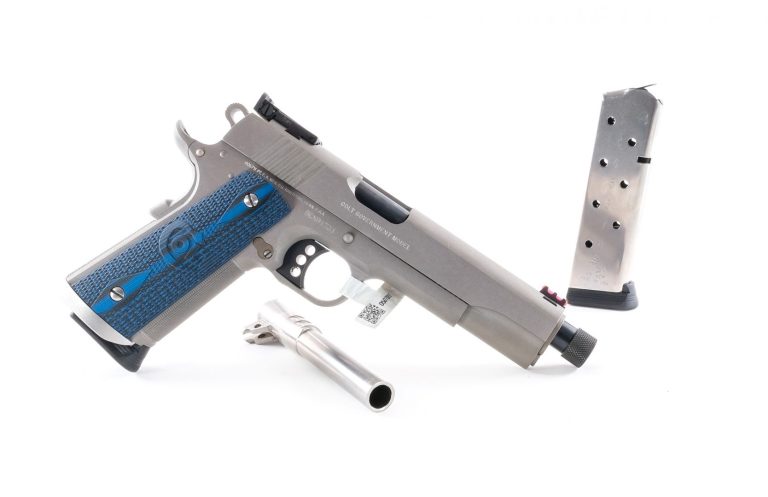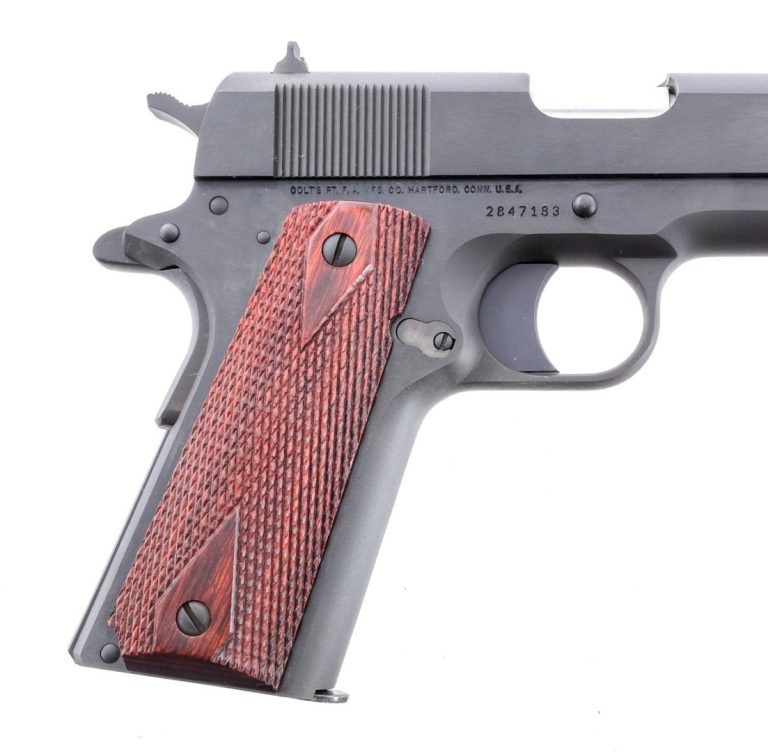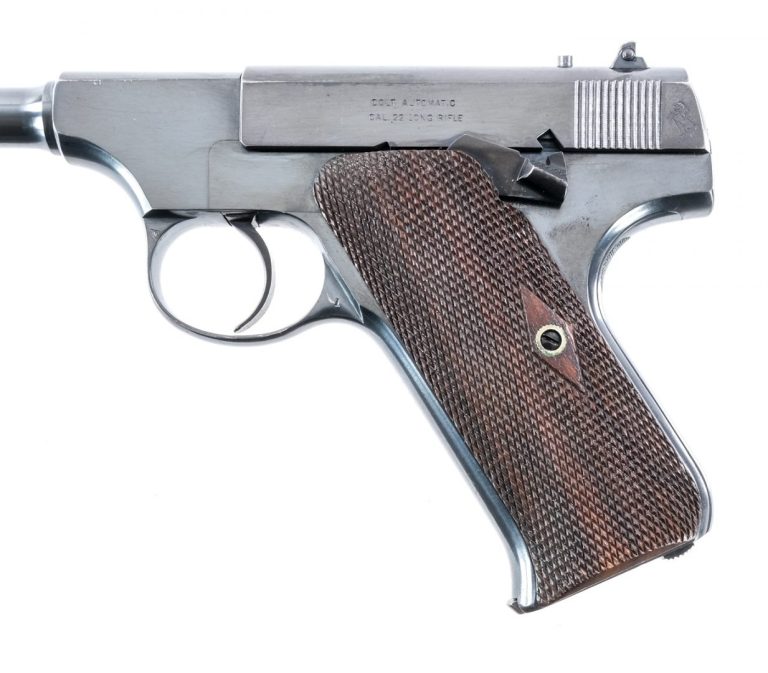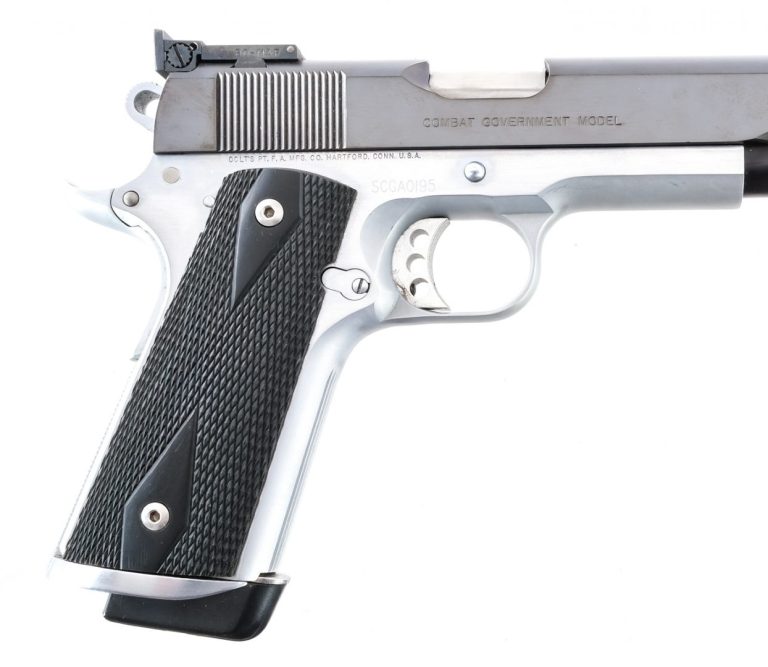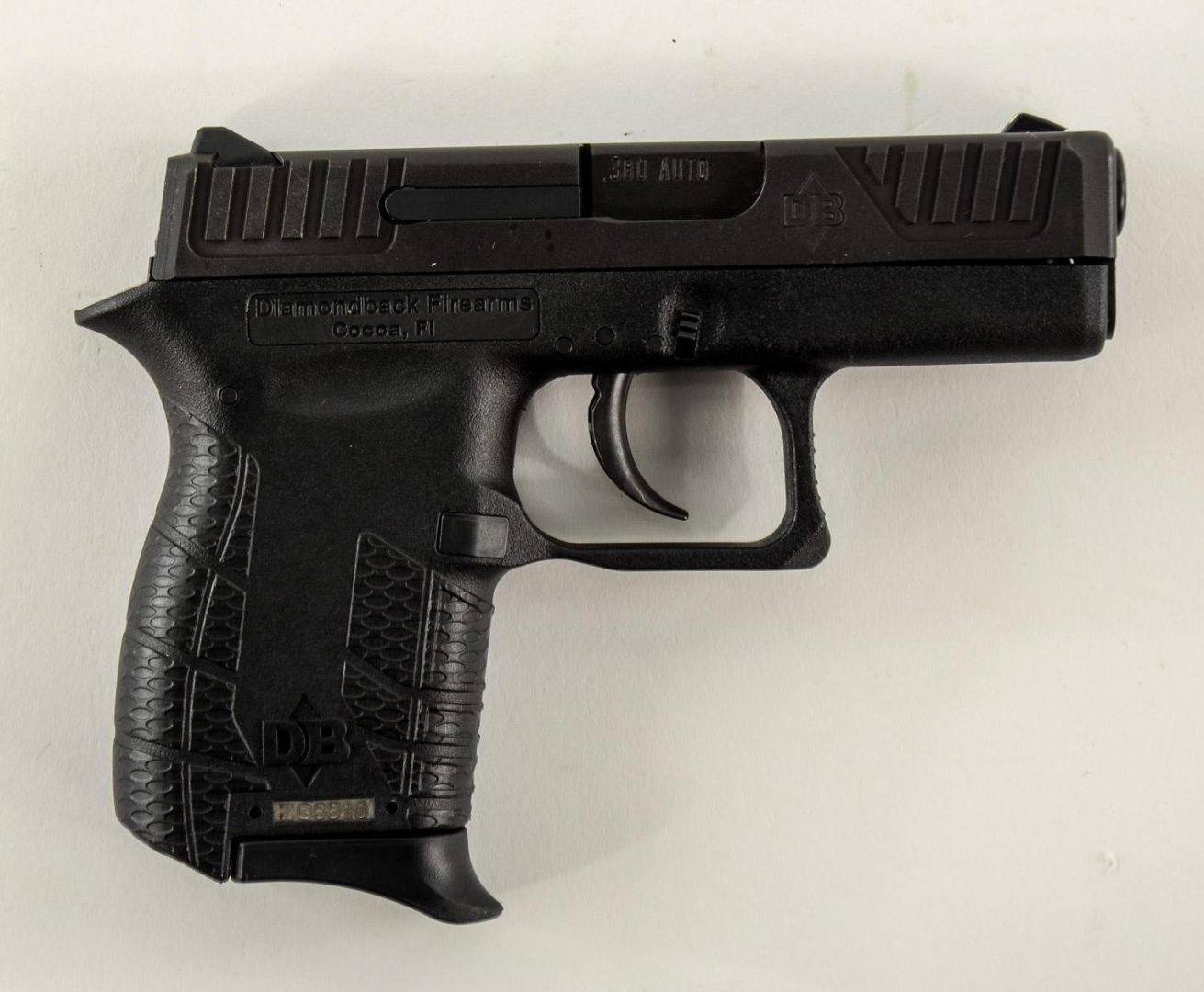How to Sell Your Gun in Virginia: Legal Guide & Tips
- Home
- How to Sell Your Gun in Virginia: Legal Guide & Tips
Looking to sell a gun in Virginia? We’ve got you covered. Navigating the process can be tricky, but we’re here to break it down for you. Understanding the legal requirements is crucial, and we’ll ensure you’re fully informed.
We’ll explore the ins and outs of selling firearms in the Old Dominion. Whether it’s through a dealer or a private sale, we’ll guide you through the steps to sell your gun safely and legally. Stick with us, and you’ll be ready to make that sale with confidence.
State Laws for Private Sales
Virginia's Universal Background Check Law
Requirements for Private Sales
- Verifying Buyer Eligibility: Sellers must confirm that the buyer meets all state and federal requirements to own a firearm.
- Licensed Dealers: Transactions must be facilitated through FFL dealers who will perform the necessary background checks.
- Potential Penalties: Failing to comply with these laws can result in serious consequences. If a gun is sold to a prohibited person, the seller could face a Class 4 felony charge.
Virginia Firearms Records Checks
Sell Your Guns Easily!
When we’re ready to sell our guns, it’s paramount to approach the process with a clear understanding of our responsibilities under the law. By following Virginia’s regulations, we can sell our firearms quickly and legally, avoiding any legal pitfalls. Always remember to conduct background checks, ensure all paperwork is processed correctly, and utilize the services of a licensed dealer. With these steps, selling guns can be a smooth and stress-free venture.
What Selling Options Do Gun Owners Have in Virginia?
When faced with the decision to sell a firearm, gun owners in Virginia have a couple of primary routes they can take. Exploring these options will help ensure that any sale complies with state laws while also aiming to get a fair return on the transaction.
Selling to a Local Dealer
One of the most straightforward options is selling the firearm to a local dealer. This choice brings certain benefits, including peace of mind, knowing that the dealer handles all requirements in line with Virginia firearm laws. It’s also convenient, as dealers are well-versed in the legalities and paperwork involved in transferring ownership. Yet, it’s worth noting that the sale to a dealer might not always yield the best financial outcome, as dealers typically offer lower prices to leave room for their profit margin when reselling.
Private Sale
Alternatively, gun owners might consider a private sale. Going private often translates into selling the firearm closer to its actual market value, which can be more financially advantageous. Nevertheless, it’s crucial to adhere to the legal stipulations set by the Universal Background Check Law.
Before any exchange of a firearm can occur, sellers must verify the buyer’s eligibility through a licensed dealer. Virginia law prohibits the sale without this crucial step. Here’s what the law entails:
- No sale for money, goods, services, or any other value is legal unless a background check is conducted.
- The check must confirm that the buyer is not prohibited by law from owning a firearm.
- Licensed dealers will conduct this check, with the possibility of charging up to $15 for the service.
Utilizing The Virginia Firearms Transaction Program
The Virginia Firearms Transaction Program (VFTP) acts as an essential component when transferring firearms within the state. It ensures consistent background check procedures, mirroring those conducted by dealers for their inventory. Sellers should understand that utilizing the VFTP is a part of their legal responsibility when making a private sale.
Remember, as of January 5, 2023, the following legal requirements are in place:
Federal Laws
When selling firearms in Virginia, it’s vital to recognize the role federal regulations play alongside state laws. Federal Laws establish a baseline for gun sales that all states, including Virginia, must follow. This ensures that, regardless of state-specific rules, certain standards are universally maintained to promote safety and legal compliance.
As sellers, we’re required to meet both the buyer’s and our own obligations under these regulations. For instance, selling a firearm for any form of compensation mandates verification from a licensed dealer. This serves as confirmation that a criminal history record information check has been conducted according to Section 18.2-308.2:2. It’s essential to receive clearance from the Department of State Police, signifying the prospective purchaser does not fall under the category of individuals prohibited from possessing a firearm under state or federal law.
In certain cases, designated licensed dealers play a crucial role in the transfer process. They provide the necessary approval or denial of firearm transfer requests based on these crucial background checks. The processes they follow adhere strictly to the requirements and definitions laid out in the same section, guaranteeing consistency and legal compliance across all transactions.
Here are the key points to which we must adhere:
- Always obtain verification from a licensed dealer when selling a firearm.
- Ensure the purchaser has passed the criminal history record information check.
- Comply with the alignment of procedures established by the Department of State Police.
Interestingly, there are scenarios where the federal laws offer specific exemptions to this process. Despite this, as conscientious sellers, we must be aware of when these exemptions apply and when they don’t. It’s worth noting that while Virginia allows private sales, these are not free from the oversight of federal laws.
To successfully sell firearms and stay within the boundaries of the law, it’s our responsibility to recognize when and how federal regulations interplay with Virginia’s state laws. This ensures that both buyers and sellers can navigate the complexities of firearm transactions while promoting responsible gun ownership and public safety.
Role of FFL Dealers in Private Sales
When selling a gun in Virginia, Federal Firearms License (FFL) dealers play a crucial role in facilitating sales between private individuals. They ensure all transactions comply with both state and federal regulations. For starters, any prospective buyer has to complete a Firearms Transaction Record, ATF Form 4473. This is a mandatory step that leads up to the crucial background and criminal history check.
During these transactions, FFL dealers conduct background checks as per the guidelines laid out by the Virginia Firearms Transaction Program. Regardless of whether a gun is sold for cash or traded for another item of value, the buyer must undergo a background check. It’s worth noting that FFL-facilitated sales are bound by the same rules as sales conducted directly by FFL dealers themselves.
While there are certain exemptions, such as the transfer of firearms between family members as gifts, the vast majority of transactions do require rigorous compliance with these laws. This adds a level of security and peace of mind for both the seller and the buyer, as FFL dealers help navigate the complexities of firearm sales.
Despite the fact that FFL dealers facilitate these transactions, private party sellers do not have the capacity to conduct comprehensive background checks on their own. This makes the role of FFL dealers indispensable. By involving an FFL dealer in the sale of your firearm, not only do you safeguard your personal safety by avoiding interactions with unknown buyers, but you also significantly reduce legal risks.
Moreover, working with an FFL dealer comes with financial benefits. Our extensive experience in the firearms industry and the desire to maintain a diverse inventory in our store mean we are well-versed in appraising the value of your firearm. Given this expertise and motivation, we often provide competitive offers for your guns, which is a strong incentive to choose a licensed dealer over a private buyer.
It’s clear that FFL dealers serve as a vital intermediary, offering expertise, security, and often a better financial return. In the complex landscape of firearm sales, having a knowledgeable and licensed partner ensures that you adhere to all regulatory requirements while also maximizing your sale’s potential.
Firearm Sale Process
Completing the Firearms Transaction Record
Fees and Approval for Background Checks
Sales Involving Non-Virginia Residents or Military Personnel
Permanent Resident Alien Status and Firearms Sales
Age Restrictions for Firearm Purchases
Minimum Age Requirements
- Rifles and Shotguns: The buyer must be at least 18 years old.
- Handguns: A minimum age of 21 is mandated.
- Convicted Felons cannot purchase or own firearms.
- Juvenile Delinquents 14 years or older charged with violent crimes, or certain felonies, face restrictions.
- Persons with Severe Mental Health Issues or those legally deemed incompetent have their purchasing rights curtailed.
- Individuals with Protective Orders or who have been involuntarily admitted for psychiatric care are barred from purchasing firearms.
Ready to Get Paid?
- Instant Assessment: Our expert appraisers evaluate the condition, age, and market demand for your firearm.
- Fair Offers: We propose an offer based on our assessment and current market trends.
- Immediate Payment: Upon agreement, payments are processed instantly, either through check or store credit for trade-ins.
By trading with us, you bypass the complexities of the private sale process while ensuring that the universal background check law is met. This way, sellers can rest easy, knowing that their transaction is not just swift, but also scrupulously lawful and secure.
Remember, while private sales may seem straightforward, they demand a level of trust and adherence to the law that we’re here to guarantee. Let’s go over the sales process for a non-problematic, legally compliant transaction.
Penalties for Non-Compliance with Background Check Requirements
Legal Repercussions
When sellers opt to bypass the mandated background checks, they’re committing a Class 1 misdemeanor. This level of offense isn’t taken lightly in the Commonwealth. There’s a hefty price to pay for such lapses in judgment.
Exceptions and Enforcement
There are a few exceptions to the universal background check requirement, yet these are rare and must be comprehensively understood to avoid unintended violations. It’s imperative for sellers to be educated on when a background check can be legally omitted.
Enforcement of this law is an active process. The Virginia Firearms Transaction Program (VFTP) plays a pivotal role, facilitating the oversight of firearm sales within the commonwealth. Buyers and sellers alike need to be aware that the Program tracks the completion of these checks, maintaining a high level of vigilance.
Community Responses
The collective call for mandatory background checks echoes the sentiments of a majority of the American public. Despite opposition, particularly from those who believe the underground market is responsible for the proliferation of guns used in crimes, 90% of Americans are reported to favor universal background checks. These numbers illuminate the widespread public support for these laws—a crucial factor in their persistence.
Understanding the landscape of firearm sale laws in Virginia is essential. Sellers must be thoroughly versed in not just the financial aspects but the legal responsibilities they hold. With stringent penalties in place and a robust system to enforce them, skipping a background check isn’t just ill-advised—it’s illegal and comes with serious risks.
Record-Keeping and Documentation
Selling a gun in Virginia requires careful attention to detail and a clear understanding of the law. We’ve walked you through the options and processes, emphasizing the importance of compliance for a smooth transaction. Whether you choose to sell to a local dealer or pursue a private sale, remember that engaging an FFL dealer is key to ensuring everything is above board. They’ll handle the necessary background checks and paperwork, providing security and peace of mind. Always keep thorough records and stay informed about the latest legal requirements. By doing so, we can uphold responsible gun ownership and contribute to the safety of our community.
